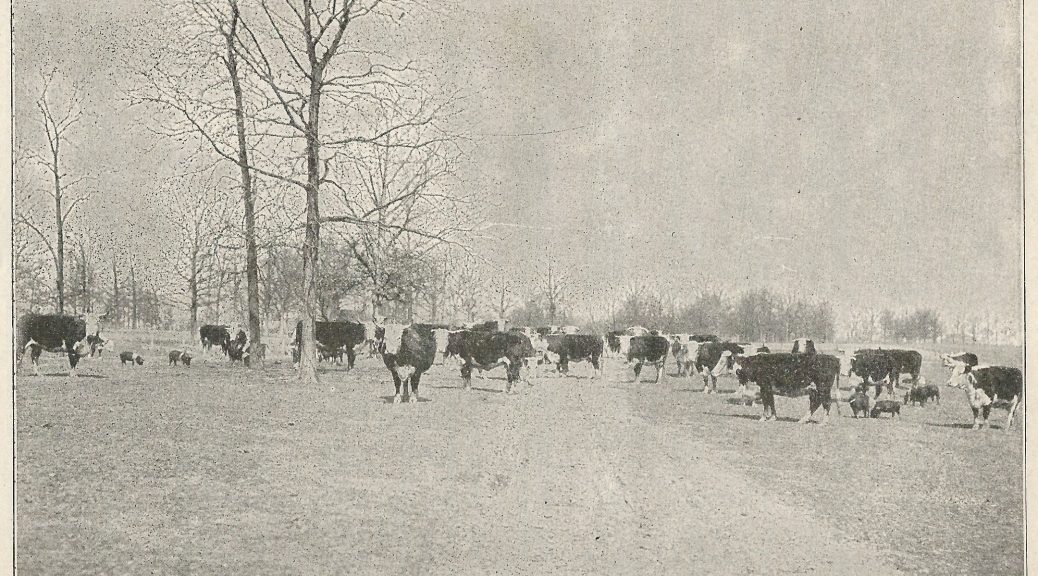Five Practical Farming Tips That Still Apply Today, Part II
Though Dr. W.E. Taylor’s book, Soil Culture and Modern Farm Methods, is nearly 100 years old, it contains many practical tips that still apply today. This is the second of 5 blog posts on this subject. 2. The necessity of fresh, pure air Keeping animals in a barn where air cannot flow freely can cause significant problems for the animals. The biggest concern for Taylor was the development and spread of tuberculosis — an airborne infectious disease that mostly affects the…
